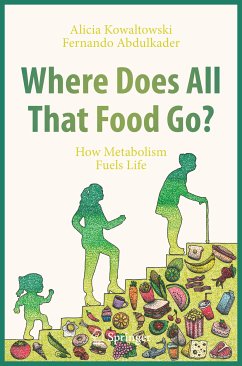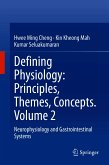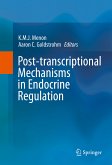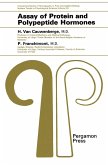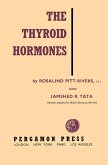Most people know metabolism is somehow related to our food and tendency to gain or lose weight, but few people actually understand what metabolism is, and how it is essential for all living beings. This book explains the concept and scope of metabolism, how it works, and how metabolic dysfunction is related to diseases. Using language accessible for the general reader and storytelling, it explains which molecules our bodies are made of, how we build these molecules, and how we transform them and the food we eat within us. It also explains how errors in metabolic processes can lead to diseases, including obesity, diabetes, Parkinson¿s disease, heart disease, stroke, and more. In essence, it is a user¿s manual to explain how our bodies process, change, and use our food.
Dieser Download kann aus rechtlichen Gründen nur mit Rechnungsadresse in A, B, BG, CY, CZ, D, DK, EW, E, FIN, F, GR, HR, H, IRL, I, LT, L, LR, M, NL, PL, P, R, S, SLO, SK ausgeliefert werden.

